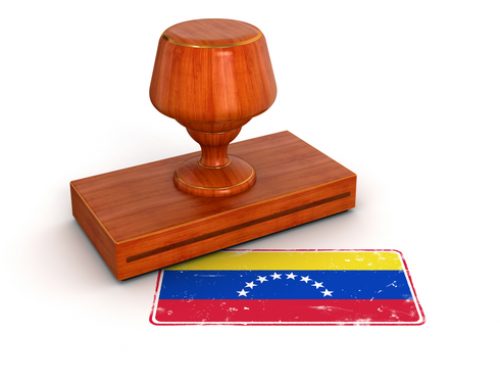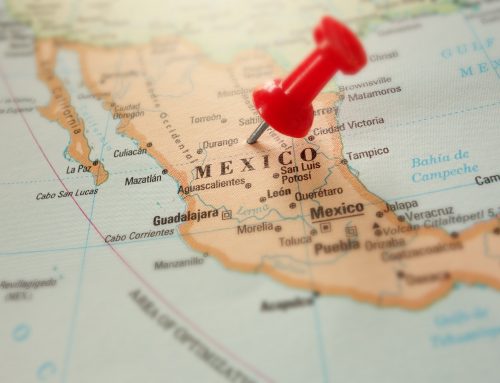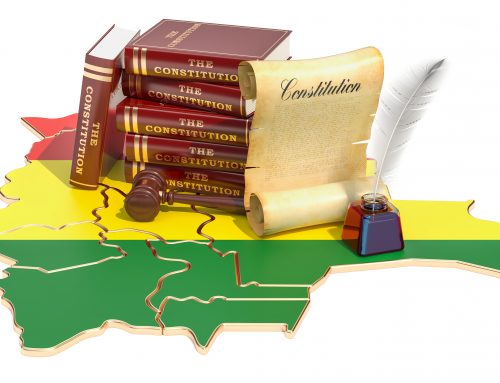
Marrakesh Treaty to Facilitate Access to Published Works for Persons Who Are Blind, Visually Impaired, or Otherwise Print Disabled.
International Law has been presented to us as an undermined branch of knowledge, in which ironically some of the most relevant topics regarding economics, humanitarian and socio-political relations are addressed in different Legal contexts. In this sense it is relevant to mention that the muldisciplinary characteristics of International Law are appealing and relevant, whereas as an example we can take The Marrakech Treaty. This Treaty can be considered an example of convergent Law related topics, mainly regarding humanitarian causes and intellectual property institutions.
Beneficiaries in the context of The Marrakech Treaty
The World Intellectual Property Organization (WIPO), and especially Francis Gurry (WIPO’s General Director) achieved a step towards an inclusive condition of intellectual property laws that take into consideration handicapped individuals. Consequently this treaties beneficiaries are people who: i) are blind, ii) have a visual impairment or have a reading disability which doesn’t permit them reading printed works, or iii) are physically unable –in any way- to manipulate a physical book.
Which are the mechanisms offered by The Treaty?
Furthermore, the main purpose of the Treaty is to facilitate the access of the intellectual property to these beneficiaries through two principal obligations that origin from the ratification of The Treaty: 1) national legislative modifications and 2) international collaboration for text distribution. On the first hand, we can find that The Treaty obligates the parties to enact a copyright restriction or limitation to the rights of reproduction, distribution or making available intellectual property materials, if they do not present a copy in an alternative and accessible format for the beneficiaries.
As a second mainstay, The Treaty strongly recommends and creates a legal context for international cooperation between parties for the cross border exchanging process of accessible format copies of intellectual property. Therefore, it is appointed that the parties through their respective institutions may share, without the right holders consent, the accessible format copies that they posses, in order to benefit exclusively beneficiaries. As well, someone acting on the behalf of a beneficiary, or a legal entity may import without the consent of right holders, an accessible format.
Conclusions for a specific political context: International Law problematic
Now, the applicable context of this Treaty is limited to the parties that are part of the WIPO, and that have also ratified The Marrakech Treaty, through international and national means. For such reasons, this Treaty is at the moment only applicable for twenty (20) countries, which have effectively ratified their commitment to this intellectual property crusade. In conclusion it is relevant to mention that this stand, has been mainly ratified by non-developed countries, therefore it is necessary to question ourselves weather this Treaty reasonably represents an inclusive international normative context for the developed countries, or if it was mainly structured for the benefit of them other nations.

The International Bureau of WIPO is invited to share information, where available, about the functioning of this Treaty.




